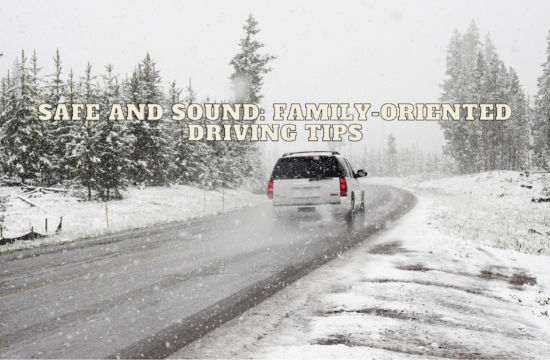Becoming a licensed teen driver is exciting. It often leads to forming hierarchies among friends based on who can drive and who has access to a car. A memorable part of teenage life is going on independent road trips, even if just for a weekend getaway or a special event. If your teen will be the one driving, safety and preparedness are top concerns. To ensure their safety, plan the trip together and help them prepare. Here are five essential tips…
Access Funds: Your Name
Accessing funds under one’s name is essential for a teenager’s road trip safety. It fosters financial independence while allowing parents to monitor transactions. This financial responsibility promotes security, avoids overspending, and ensures access to funds during emergencies. It empowers teens with financial preparedness for a safer and more responsible journey.
Contacting Help in an Emergency
Having a plan for contacting help in an emergency is critical for a teenager’s road trip safety. It ensures quick access to emergency services, tow trucks, or roadside assistance. This preparedness can be a lifesaver in accident or breakdown scenarios, enhancing overall security and peace of mind during the journey.
Car Check-In
Performing regular car check-ins during a teenager’s road trip is essential for safety. It involves inspecting the vehicle for any issues, ensuring it’s in optimal condition. These check-ins minimize the risk of breakdowns, accidents, or unexpected repair costs, making the journey safer and more enjoyable for young drivers and passengers.
Get Ready: Lodging and Parking
Getting ready by securing lodging and parking in advance is crucial for a teenager’s road trip safety. It guarantees a safe and convenient place to stay and park, reducing the risk of encountering unsafe or unavailable options. This proactive step enhances overall security and ensures a comfortable and worry-free journey.
Determine Check-In Times
Determining check-in times is vital for a teenager’s road trip safety. It establishes regular communication with trusted contacts who can monitor the journey’s progress. In case of unforeseen events or delays, planned check-ins facilitate swift assistance, enhancing overall security and providing peace of mind for both teenagers and their families.



